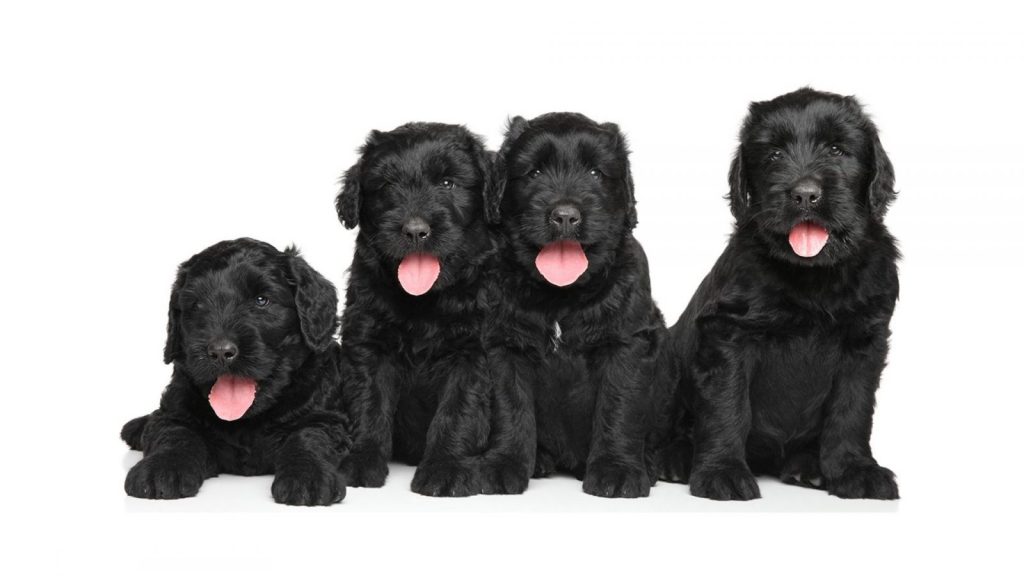Staying up to date with common, let alone rare, health risks in susceptible dog breeds can be difficult. In this regular feature, our Educational Partner, International Partnership for Dogs (IPFD) signposts resources on a particular breed and highlights breed-specific diseases.
Meet the Black Russian Terrier – Update Your Knowledge!
Variously called the Black Russian or Russian Black, this impressive breed is not what first leaps to mind when you hear the designation ‘Terrier’. Although increasing in popularity in some countries, e.g., the USA and Germany, veterinarians might be excused for not being well-acquainted with this relatively rare breed (see Figure 1). If a client or breeder presents with one, take the opportunity to learn from them as they are likely to be passionate about the breed.

full
See our IPFD Get a GRIHP! on Black Russian Terriers for conditions of concern and somewhat limited statistics. Not surprisingly, locomotor problems are on the radar, but, at least for now, it seems the breed is generally healthy and can live long lives.

full
As for any rare breed, increasing popularity is a concern, if it drives breeding without due attention to maintaining health and genetic diversity. Breeders must not embrace ‘bigger is better’! The Black Russian Terrier Club of America and Suomen Mustaterrierit ry in Finland are among clubs working pro-actively on health strategies. Information and links to their work, as well as that in Sweden and the UK are in the Get a GRIHP! article. Several genetic tests are recommended by clubs, notwithstanding little primary breed-specific research. This is a breed that certainly should be managed as a global population; geographical separation could pose additional risks.
default
Owners need to be well-aware of the basic characteristics of these dogs. Bred extensively as guard/defence dogs for the Russian military, they are not cited as having behaviour issues and reportedly make good family pets, but early socialization and training are a must.

full
The International Partnership for Dogs (IPFD) is a non-profit working for dog health, well-being, and welfare. This article has been prepared by its CEO, Dr Brenda Bonnett, DVM PhD

full
default

